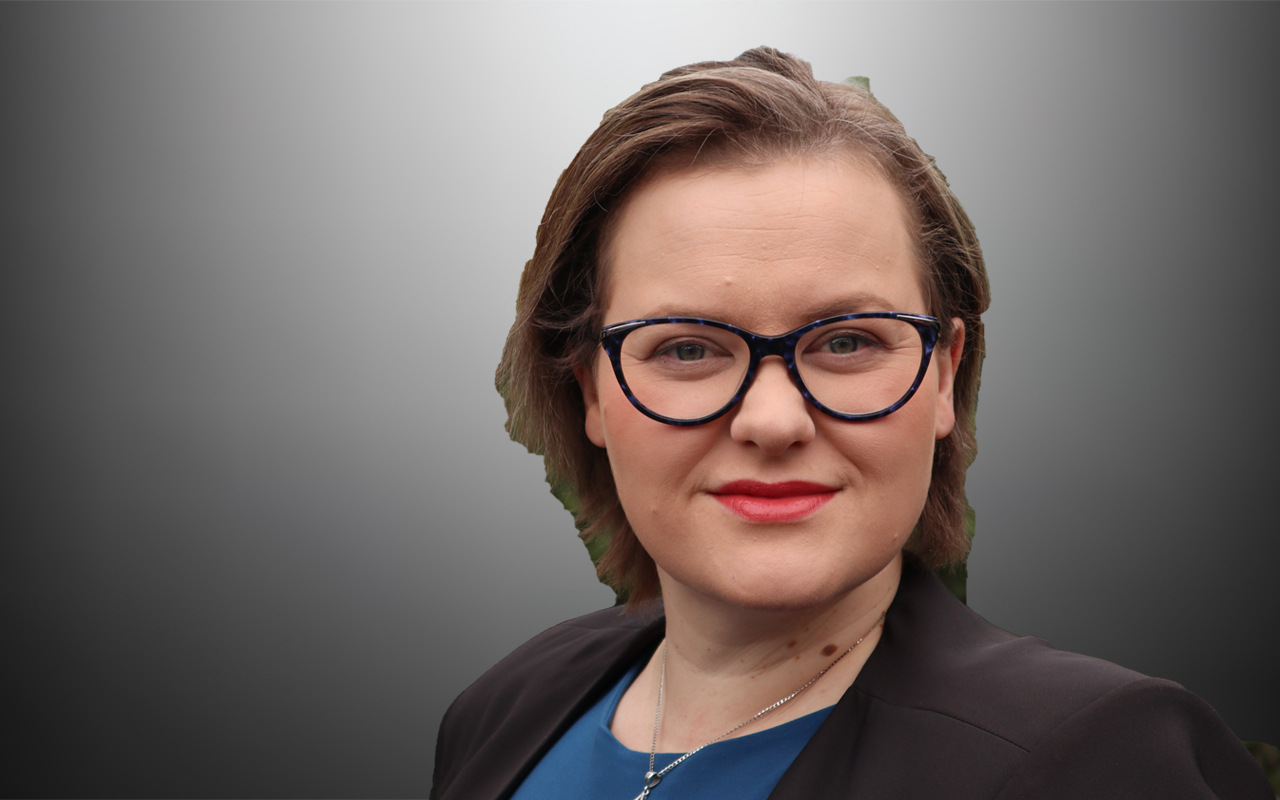ONE of my favourite studies to share with doctors is what’s commonly known as the “some/any” study. In this randomised control trial, participating primary care doctors were trained to ask the patient about their additional concerns after they had presented their first concern (presenting complaint or problem). Before the consultation, the patients were asked to list the concerns they were planning to talk to the doctor about that day. The doctors were randomly allocated into one of two groups. One group asked, “Is there anything else you want to address in the visit today?” and the other asked, “Is there something else you want to address in the visit today?”
It’s just one word, so you might not think it would make a difference. But it really did. What was already known from interactional research was that “any” is more likely to get a no response, while “some” is more like to get a yes. When the analysis was conducted, the authors found that for patients with multiple concerns and who were asked “anything else”, 53.1% raised another concern. For those who were asked “something else”, it was 90.3%. One word can really make a difference.
In my experience as an educator, doctors really like this study because it is a seemingly simple change that can make a big difference. And, if I’m being cynical, there is a higher value placed on quantitative research. But focusing on one word might distract from the problem being addressed: patients’ unmet concerns.
I’m the kind of patient that comes in with a list when I see my GP. I save a few things up and then go, and I’m not alone. I’m also the kind of patient that whips out my list at the start of the consultation, pre-empting the upfront agenda setting that can help doctors manage a consultation. Upfront agenda setting is when the doctor and patient establish what concerns will be discussed near the start of the consultation. It helps plan the structure of the consultation and results in fewer surprise topics being raised later in the visit. And because it assists in time management, upfront agenda setting does not make the consultation longer.
My own research has focused on surgeon consultations where multiple concerns might be less expected for patients compared with primary care. That said, in ongoing work looking at general practice consultations, we have not come across upfront agenda setting much either, even when it turns out patients do have multiple concerns that they pursue without prompting.
This is reflected in research that found that agenda setting, upfront or later, occurs infrequently. If a doctor solicits additional concerns early in the visit, patients are more likely to respond with additional concerns than if it were later in the visit. Equally, if the patient raises their own additional concerns, earlier is also better as it’s more likely to get addressed by the doctor.
Upfront agenda setting works, so why doesn’t it happen more often?
My research involves recording and analysing real consultations and I’ve noticed that doctors have their own habits and styles. This is good as it means communication is authentic and reflective of their own characteristics. However, it might make new habit-forming more difficult. Communication is part of all medical programs in Australia; however, without a specific review on content or a national curriculum for communication, it is unclear whether the particular skill of upfront agenda setting is taught. Perhaps the doctors I have recorded were not taught upfront agenda setting at medical school and those that have may have incorporated it into their consultation style.
There’s good interactional research that supports introducing upfront agenda setting into the consultation. Beyond including it in medical training, this could be taught to practising doctors through recording consultations and reviewing them to help identify their own practices and how they might incorporate such a change in their own approach to consultations. Just like any new skill, communication skills can be taught and learnt, and practice is what facilitates improvement. If you do try it, just don’t forget that one word can really make a difference.
Dr Sarah J White is a Senior Lecturer in the Faculty of Medicine, Health and Human Sciences at Macquarie University. Dr White is the current Australian National Representative for the International Association for Communication in Healthcare.
The statements or opinions expressed in this article reflect the views of the authors and do not represent the official policy of the AMA, the MJA or InSight+ unless so stated.

 more_vert
more_vert
My GP reacts really badly to a list of concerns i would like addressed – I have had a stroke and any management of associated medical concerns seems totally outside his ability or interest
When I have saved a life or simply addressed a significant health risk, it is almost never because of a patient’s “while I am here, can you …”, it is because I have directed the consultation down a path not anticipated by the patient, but prompted by something in the patient’s record, an unexpected finding on examination, by systematic questioning of the patient and taking a family history, or even on occasion remarking on the depressed looking affect.
An example consult might start with the patient of Dr Another saying “I am just here for my repeat prescriptions”, progress through “I see you are 5 years overdue for your check colonoscopy”, to a life-saving referral.
I am unconvinced of the utility of inviting the airing of additional patient concerns over checking unmet needs, I will therefore stick to “any” thank you.
Here are a few more thoughts along the same lines. https://www.marketingsociety.com/the-library/whats-doc#FLaqCgUJEXpgRQZz.97 We assume a certain amount of patient literacy but would be surprised to find how often we are wrong.